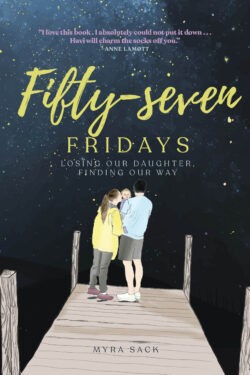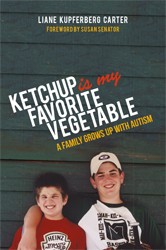Leah Carroll’s mother, a gifted amateur photographer, was brutally murdered by two drug dealers with mafia connections when Leah was four years old. Her father, a charming alcoholic who hurtled between depression and mania, was dead by the time she was eighteen. Leah was left to put together her own future, and now in her memoir she explores the mystery of her parents’ lives through interviews, photos, and police records. Her Irish Catholic father converted to Judaism at 29 to marry her mother, a Reform Jew. Her Jewish identity was extremely important to her spiritually and culturally, and while Leah’s father rarely spoke about her mom and did not continue to practice Judaism after her death, it was very important to him that that Leah understand her Jewish identity, be proud of it, and own it fully. With the compassionate remove of an adult looking back on a difficult childhood, Carroll allows her parents to exist beyond their weaknesses, to find a fullness and complexity that is often denied those who struggle with addiction or mental illness. In this way she sets them free from their dark ends and allows herself to embrace their artistic natures and even find inspiration in the unique way each of her parents interacted with the world on their best days. Down City pushes beyond painful circumstances and setting to explore the more universal questions of how we define ourselves how intrinsically connected we are to our parents and the way the past impacts who we are, yet holds no power over our future.

Nonfiction
Down City
- From the Publisher
May 16, 2017
Discussion Questions

Jewish literature inspires, enriches, and educates the community.
Help support the Jewish Book Council.


